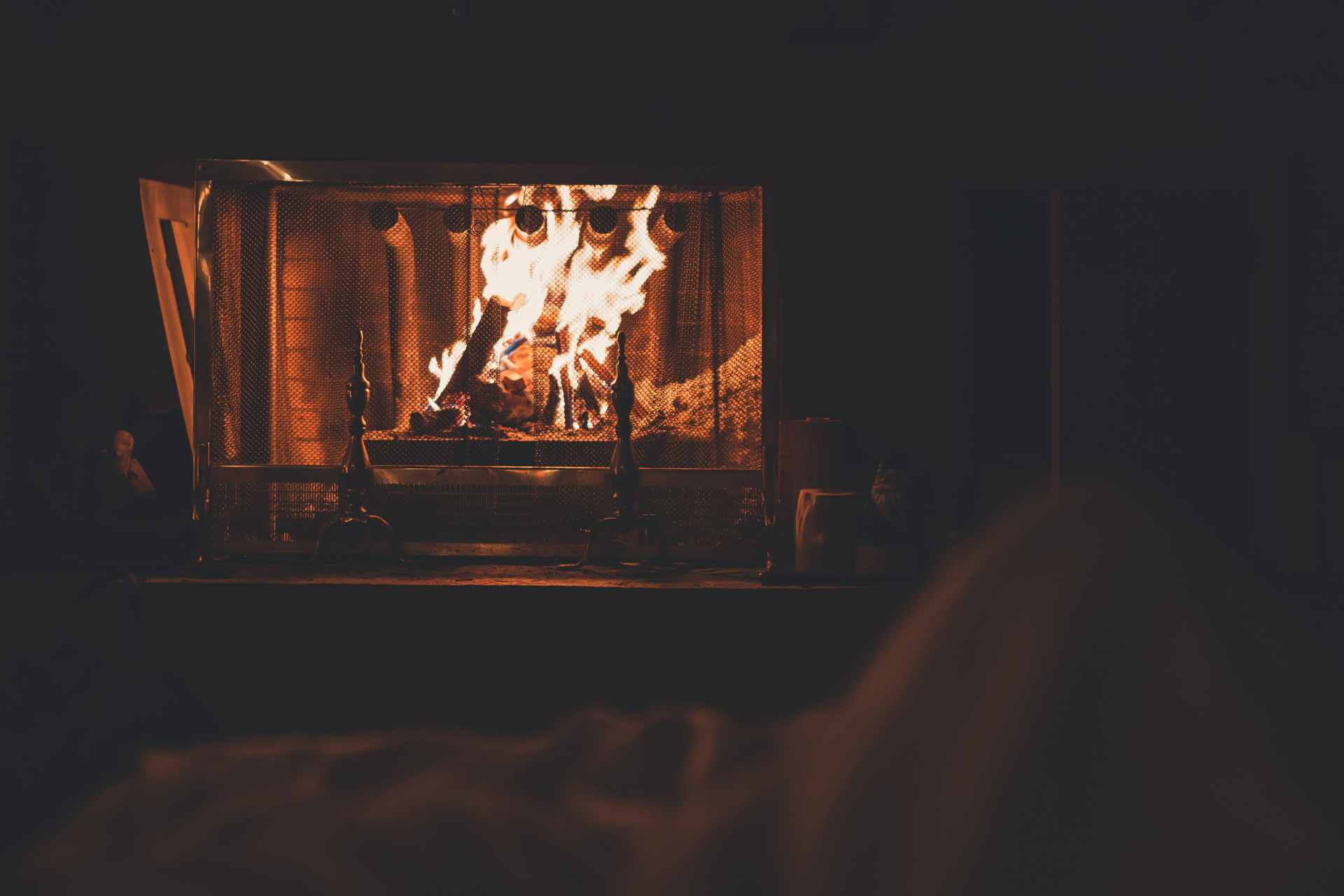When severe winter storms impact the region, thousands of residents can be without power in freezing temperatures. The West Virginia Department of Health urges residents to take steps to stay warm, healthy and safe while waiting for power to be restored.
For those who lose power, the safest place to be is inside their home. Gather in one or two rooms and close off any unneeded spaces to conserve heat. Use blankets, sleeping bags or clothing to stay warm. For those with a fireplace or wood stove, use it cautiously and ensure proper ventilation. Never use a gas stove, charcoal grill or portable heater indoors, as these can cause dangerous carbon monoxide poisoning.
Layer clothing to trap body heat and insulate against the cold. Wearing a hat and warm socks can help prevent heat loss while mittens or gloves will keep hands warm. These simple steps can go a long way in maintaining body temperature during prolonged exposure to the cold.
Anyone with access to a generator or space heaters should make sure they are placed in a well-ventilated area and far from any flammable materials. Always follow the manufacturer’s instructions carefully. Never run a generator indoors or in an attached garage, as this can lead to carbon monoxide exposure.
Close any windows and doors, even if storm windows or plastic are already in place, to prevent drafts. Placing towels or blankets under doors and around windows can help minimize heat loss. With a fireplace, it is important to make sure the damper is closed when not in use to prevent cold air from entering the home.
For those with access to a gas stove or who can safely use a portable stove, consider heating up soups, stews or hot drinks. Eating snacks like nuts, granola bars or dried fruit can be an effective way to maintain body temperature.
Even in cold weather, it’s essential to stay hydrated. Drink plenty of fluids, especially if you are exerting energy outside in the cold. Be aware of the signs of frostbite, hypothermia and dehydration. Symptoms of frostbite include numbness, tingling or pale skin in exposed areas.
Hypothermia can cause confusion, slurred speech and extreme shivering. Anyone showing any of these signs should seek medical attention immediately.
In addition, please make an effort to check on elderly or infirm neighbors, particularly those who live alone. They may be more vulnerable during power outages. For those who are able, offer assistance with food, heat or transportation to a warming center. Ensure they have blankets, warm clothing and access to emergency supplies.
It’s also a good idea to be prepared for an extended power outage. Make sure there are enough emergency supplies on hand, including flashlights, batteries, water, non-perishable food, medications and other necessary items.
“Safety and preparedness are critical when facing extreme winter conditions,” said Cabinet Secretary Sherri Young of the West Virginia Department of Health. “We urge everyone to take these precautions seriously and help look out for those in our community who may need assistance during this difficult time.”
Residents in need of emergency assistance should call 911. For updates on the availability of warming centers, they can also contact their county’s non-emergency line at WV Counties Non-Emergency Assistance.
For residents seeking additional resources, please contact West Virginia’s 2-1-1 hotline, hosted by United Way, by calling 2-1-1 or visiting wv211.org.

















